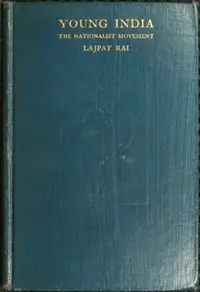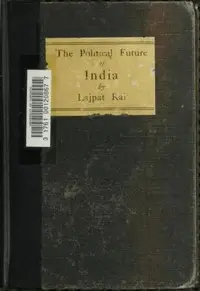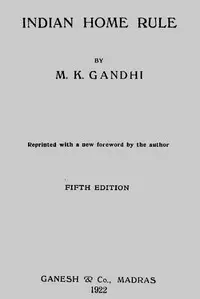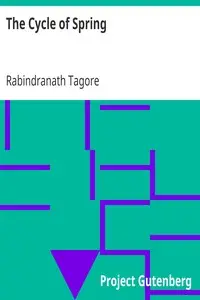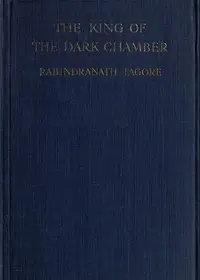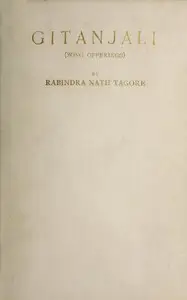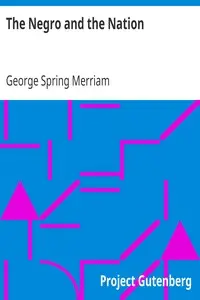"Nationalism" by Rabindranath Tagore is a thought-provoking exploration of nationalism in the West, Japan, and India. It questions the cold, mechanical nature of nation-states, choosing instead to highlight the values of individual worth, community togetherness, and spiritual harmony, pushing back against the aggression of military-driven nationalism. The writing introduces different cultures meeting challenges, focusing on India's complex issues with race. Tagore examines India's own battles with its diverse people and criticizes the effect of Western nationalism on traditional society. Tagore emphasizes the vital importance of deeper spiritual and social relationships over the more shallow structures of governmental and national identities, looking forward to a coming together of Eastern and Western views.
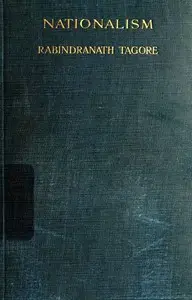
Nationalism
By Rabindranath Tagore
Explore a critical look at national identity and humanity's struggle in nations, presenting a vision where spiritual connection triumphs over political divides.
Summary
About the AuthorRabindranath Tagore was a Bengali poet, writer, playwright, composer, philosopher, social reformer, and painter of the Bengal Renaissance. He reshaped Bengali literature and music as well as Indian art with Contextual Modernism in the late 19th and early 20th centuries. Author of the "profoundly sensitive, fresh and beautiful" poetry of Gitanjali, in 1913 Tagore became the first non-European and the first lyricist to win the Nobel Prize in Literature. Tagore's poetic songs were viewed as spiritual and mercurial; where his elegant prose and magical poetry were widely popular in the Indian subcontinent. He was a fellow of the Royal Asiatic Society. Referred to as "the Bard of Bengal", Tagore was known by the sobriquets Gurudeb, Kobiguru, and Biswokobi.
Rabindranath Tagore was a Bengali poet, writer, playwright, composer, philosopher, social reformer, and painter of the Bengal Renaissance. He reshaped Bengali literature and music as well as Indian art with Contextual Modernism in the late 19th and early 20th centuries. Author of the "profoundly sensitive, fresh and beautiful" poetry of Gitanjali, in 1913 Tagore became the first non-European and the first lyricist to win the Nobel Prize in Literature. Tagore's poetic songs were viewed as spiritual and mercurial; where his elegant prose and magical poetry were widely popular in the Indian subcontinent. He was a fellow of the Royal Asiatic Society. Referred to as "the Bard of Bengal", Tagore was known by the sobriquets Gurudeb, Kobiguru, and Biswokobi.


